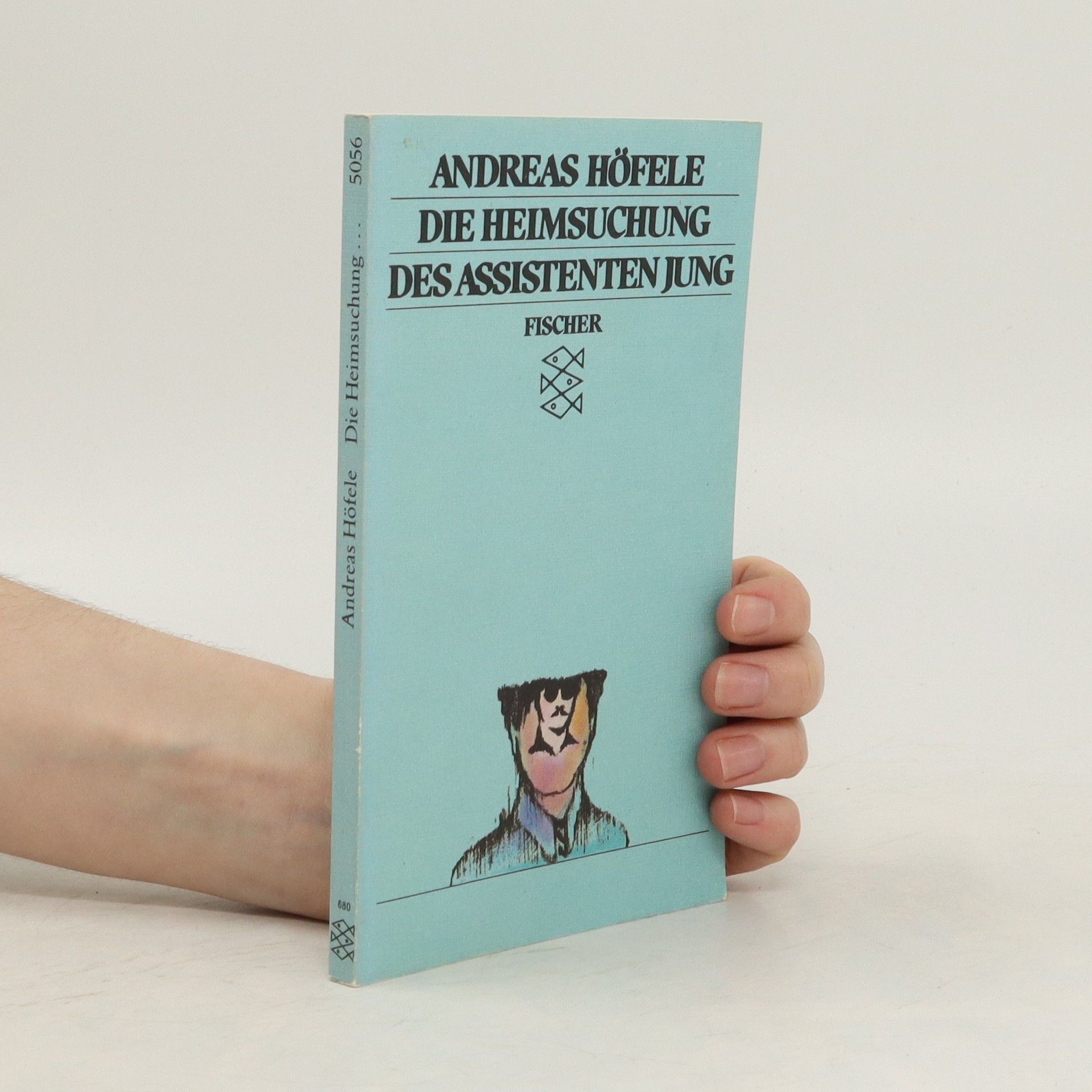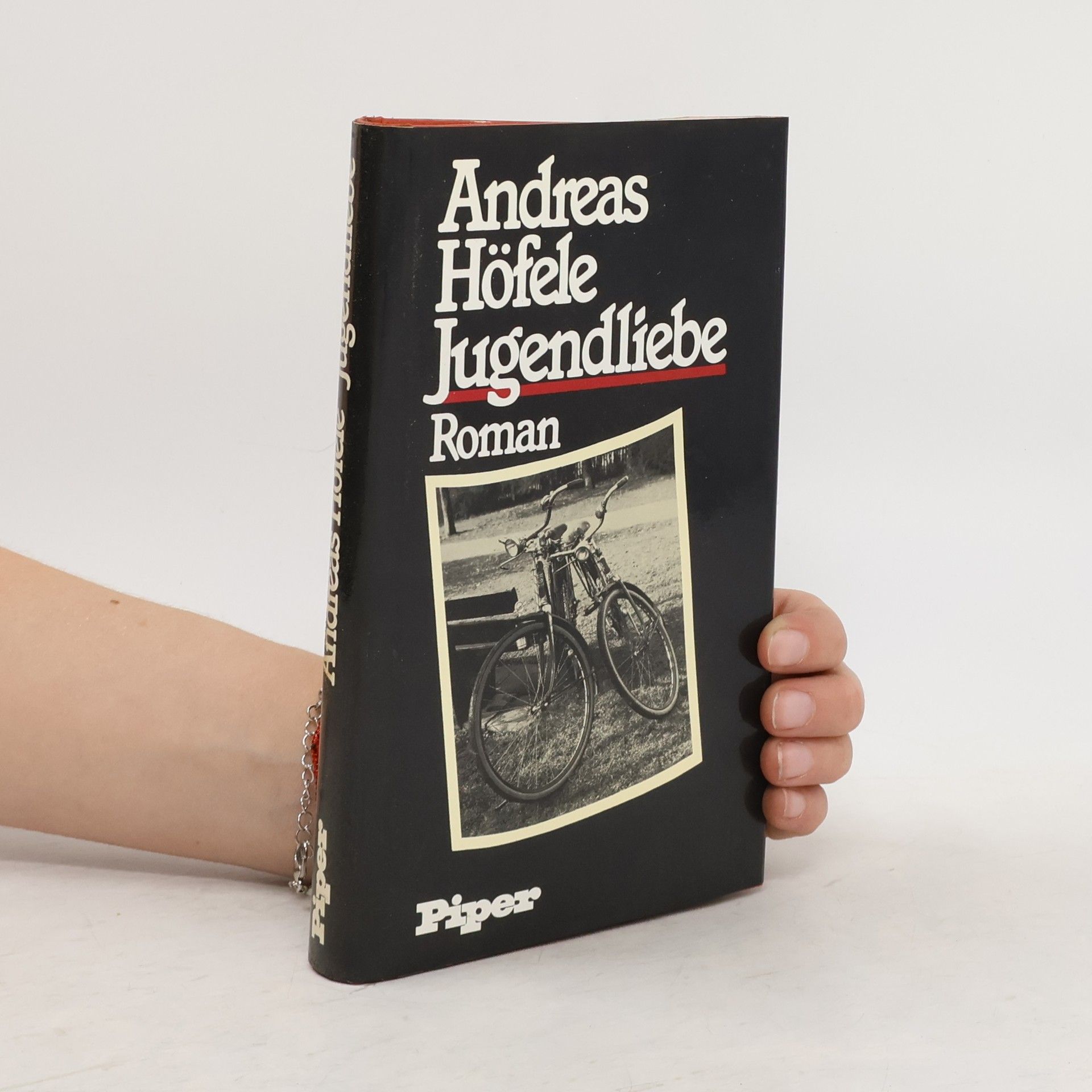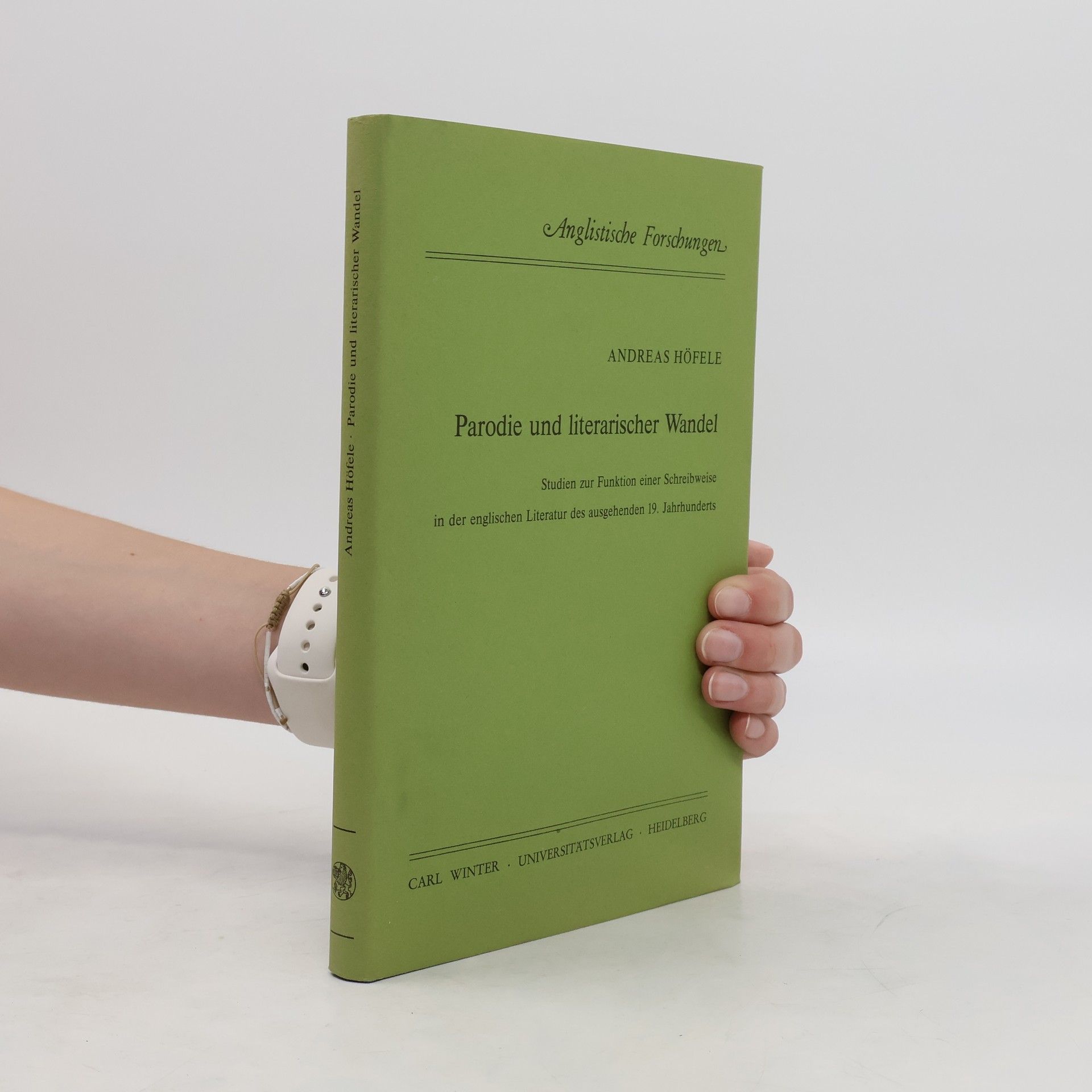Der Roman spielt in der Zeit der Regierung Elisabeths I. von England und erzählt von Freundschaft und Verrat, von Lebensgier und Mord. Die Beteiligung des Spitzels Poley an dem Komplott, das zur Hinrichtung von Maria Stuart führte, bildet den historischen Kern. Mit seiner Schilderung der Intrigen am königlichen Hof verbindet der Autor die Frage nach Existenz und Tod Christopher Marlowes, des berühmten Dichters, der zeitweilig auch als Geheimagent der Regierung tätig war.
Andreas Höfele Boeken






Carl Schmitt und die Literatur.
- 523bladzijden
- 19 uur lezen
Die Analyse von Carl Schmitts Beziehung zur Literatur beleuchtet die entscheidende Rolle, die literarische Werke und Autoren in seinem Leben spielten. Andreas Höfele rekonstruiert Schmitts intellektuelle Biographie und zeigt, wie eng sein Denken mit literarischen Einflüssen verknüpft war. Freundschaften mit Dichtern und eigene literarische Arbeiten verdeutlichen, dass Literatur für Schmitt weit mehr als ein Nebenfeld war; sie diente als zentraler Referenzrahmen für seine Sicht auf Geschichte und seine Selbstinszenierung.
Jugendliebe
- 185bladzijden
- 7 uur lezen
Naturkatastrophen
Deutungsmuster vom Altertum bis in die Neuzeit
Naturkatastrophen sind ein spektakuläres Beispiel für die Ambivalenz des Verhältnisses von Natur und Ordnung. Zum einen gilt die Natur als Modell gesellschaftlich-politischer Ordnung, zum anderen als deren Gegenkraft, von der diese ständig bedroht ist. In Katastrophen wie Erdbeben, Sturmfluten oder auch Epidemien wird diese Latenz zu destruktiver Aktualität, deren Übermacht keine Ordnung gewachsen ist. Zugleich wird selbst dieser Zusammenbruch der Ordnung in Ordnungszusammenhänge eingeschrieben. Als göttliches Strafgericht etwa wird die Katastrophe zum Beleg einer der Natur gebietenden Ordnungsmacht, die umso absoluter erscheint, je verwüstender sie sich manifestiert. Der Band beleuchtet kulturelle Repräsentationen von Naturkatastrophen von der Antike bis in die Neuzeit. Zur Debatte stehen Vorstellungen von göttlicher, natürlicher und politischer Ordnung, die zur Deutung von Katastrophen herangezogen, durch sie bestätigt, in Frage gestellt oder auch unhaltbar werden.